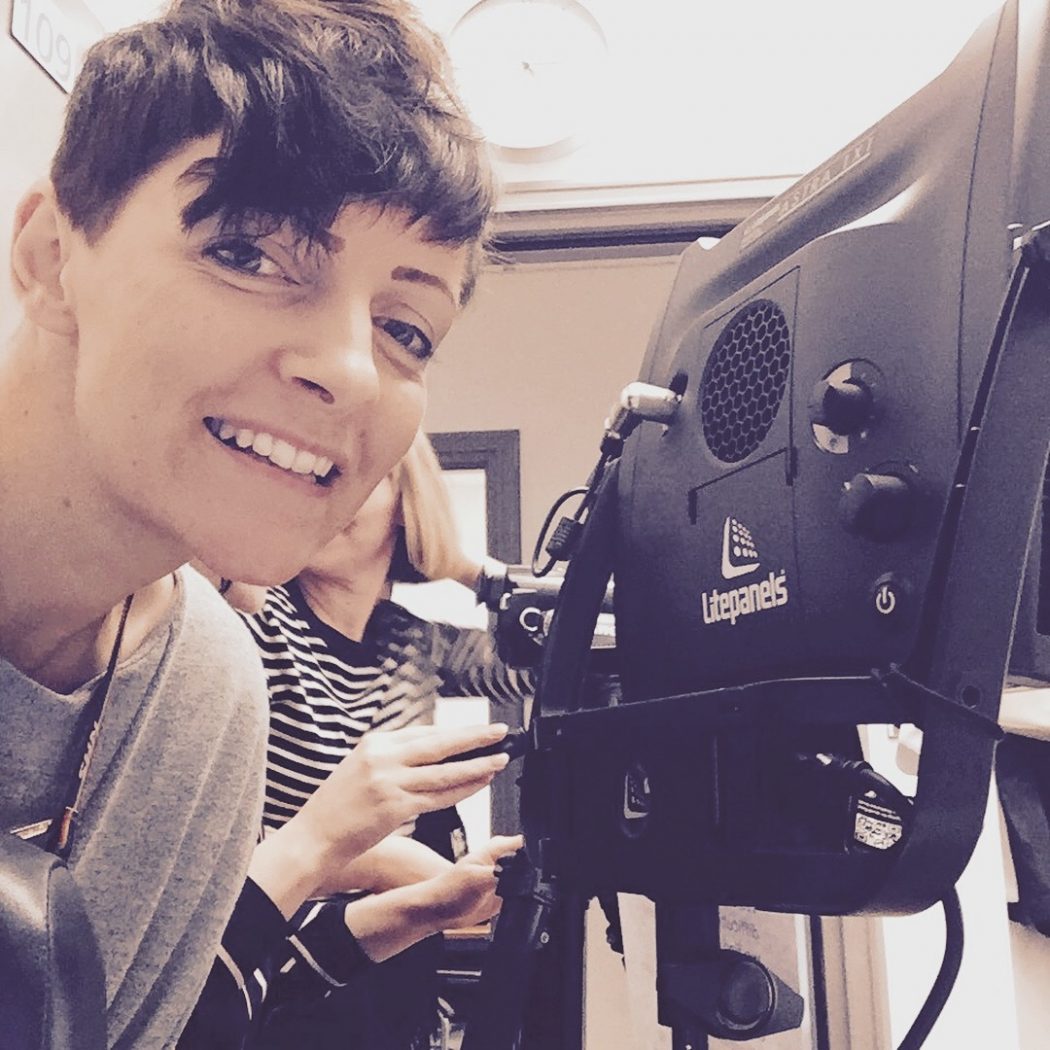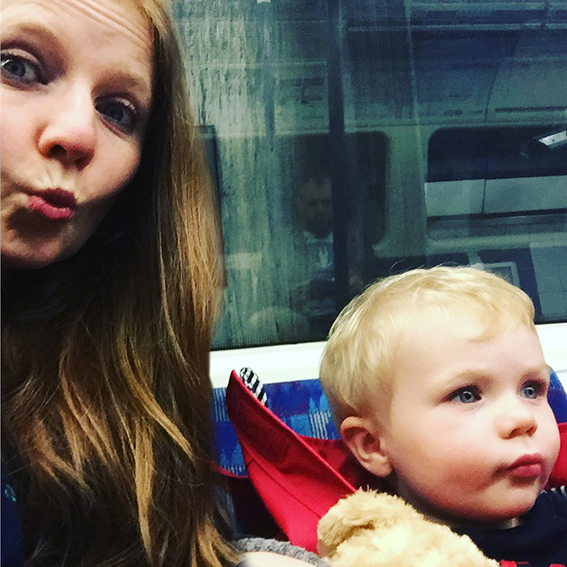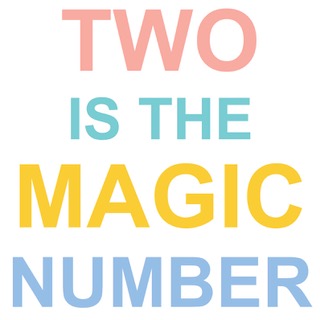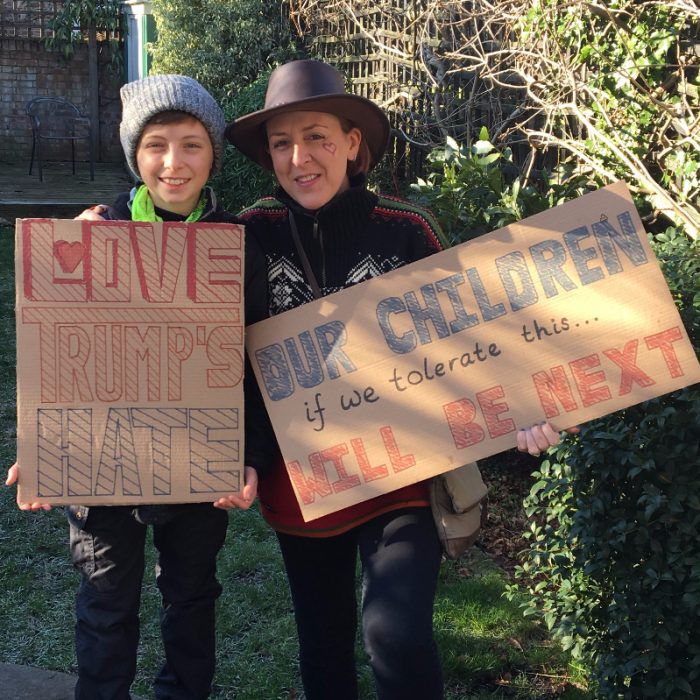Myself and my wife have two sons, the eldest is 5 and the youngest is almost two. They are adorable whirlwinds of energy and although they are far from their sexual debut I’ve already started teaching them about sex.
When people find out I’m a Clinical Psychologist one thing they always ask is ‘Are you analysing me now?’ My standard response is ‘Not unless you’re paying me!’ But if I’m honest the answer is in some ways you can never really switch it off. It becomes part of who you are.
This is especially true when it comes to my speciality which is basically everything to do with sex. (I manage a sexual health/problems service for the NHS as well as being the director of The Havelock Clinic, an independent sexual problems service). All day every day I see the impact of people’s upbringing on how sexually confident, satisfied and content they are now.
So how does this affect how I raise my sons and what we’ll hope to teach them? Well, there are a few things I’m committed to. Here’s my top 5.
- To teach them the right words and that they shouldn’t be afraid to use them
I don’t want them to indirectly learn shame by having an absence of vocabulary for their genitals. For this reason I’ve taught them the words for ALL body parts. This backfired slightly once in the family changing rooms of our local swimming pool when my eldest who was then three shouted ‘Mummy is that your vulva?’ as I was getting changed. Mortified!
Having the right words allows them to know that genitals are no less important than any other part of their body. Also it means that if there’s ever a problem they know how to (and are comfortable) talking about it. If (god forbid) they are ever in a position of experiencing unwanted touch from someone else, I don’t want a lack of terminology to be the first barrier to telling us about it.
- To be cool with self-exploration
Masturbation is a useful and normal part of self-exploration and often starts from a very young age. For our sons we don’t discourage self-touching but make sure they understand that it should a) happen in private and b) only be them touching their genitals.
Don’t get me wrong, we’re not going to be recommending they each pop to their bedrooms to have a private moment in the advert breaks for X factor, but equally we don’t want them to ever feel that this is something that’s off bounds or not OK.
- To promote healthy sexual identity and expression
I don’t know who my sons will prefer to have sex with when they’re older but I hope they won’t assume that they are straight until proven otherwise. I’d like them to explore all options before deciding who they are and what they like. Having two mums probably helps this as they already have a variety of ideas about what family and relationship structure can look like. Only recently this conversation happened in the car between my eldest and his best friend.
My son: ‘I’ve really missed you while you’ve been on holiday’
Best friend: ‘Ah, that must mean you love me’
My son: ‘I really do’
Best friend: ‘If you love me that means we can get married when we’re older’
My son: ‘Yes, as boys can marry boys and girls can marry girls’
Best friend: ‘Yes, like your mummies and X’s daddies’ (I’m feeling quite proud at this point)
My son: ‘And if they want too grown-ups can marry 5 year olds or babies’
WHAT!?!?!?!?!?!?
Quiet pride and inward smugness at our liberal and forward thinking children turned into a quick life lesson on the necessary boundaries that must be kept between adults and children.
- To help them navigate the teenage years and the great porn debate
I haven’t got any experience of having teenagers yet but I’ve already started thinking about how I’ll help them navigate the minefield that is the availability of porn online (about half of UK children have seen porn by 12 and 94% by the age of 14 – read full article with research here).
As a psychologist I don’t think porn is a bad thing in its own right, just like TV isn’t a bad thing in its own right. But like is the case for TV, if you only watch programmes that involve violence, oppression and sexism your world views and subsequent behaviour are affected. I’ll be educating them that porn comes in a variety of qualities and ethical packaging, and why this is important. I want them to be able to be critical of what they see, just as I’ll be teaching them to be critical of what they read in the papers or see on social media.
We’ll also be raising them as feminists and having conversations about consent and respect as soon as we can have these in a meaningful way. Porn plays a big part in this in my opinion.
- To make sure their first sexual encounter is as good as it can be
I’m not going to be there (obviously), but I want it to go really well for them. Yes I want them to get to their first time knowing about how to avoid pregnancy or STI’s but more importantly I want them to know how to communicate, enjoy and respect each other. I’d rather the predominant view they have of sex is that it’s something to celebrate and be enjoyed rather than something that’s dangerous, to regret, or to be feared.
The research backs this up too. Negative first sexual experiences like not feeling in control, being influenced by alcohol/drugs or peer pressure or not feeling ‘ready’ are associated with problems with sexual functioning and higher STI rates in later life. Talking sooner rather than later about sex, and having a sex positive attitude to their emerging sexuality help avoid this. It’s so important to give them the skills to get it right.
“Mums, you are just SO embarrassing”
Both myself and my partner (Who also works in sexual health) talk about sex for our jobs all day every day. Most people get embarrassed. We don’t. So you can be sure sex will feature (appropriately!) in a large way in our boys lives as they grow up. I often wonder (as a child of conservative catholic upbringing) what this will be like for them? We often joke about this.
Will they roll their eyes continually?
How will they rebel?
Will they be ashamed of our jobs when their friends find out?
Will they hate that we provide them with the widest variety of condoms and lube possible?
Will they be defiantly celibate until marriage? (nothing wrong with that though, obviously!)
Only time will tell….. But from where I’m standing I’d rather they be embarrassed of us than feel sex is a dirty word.
Written by Dr Karen Gurney, Clinical Psychologist and Psychosexologist – The Havelock Clinic
Follow Karen on Instagram @thesexdoctor










